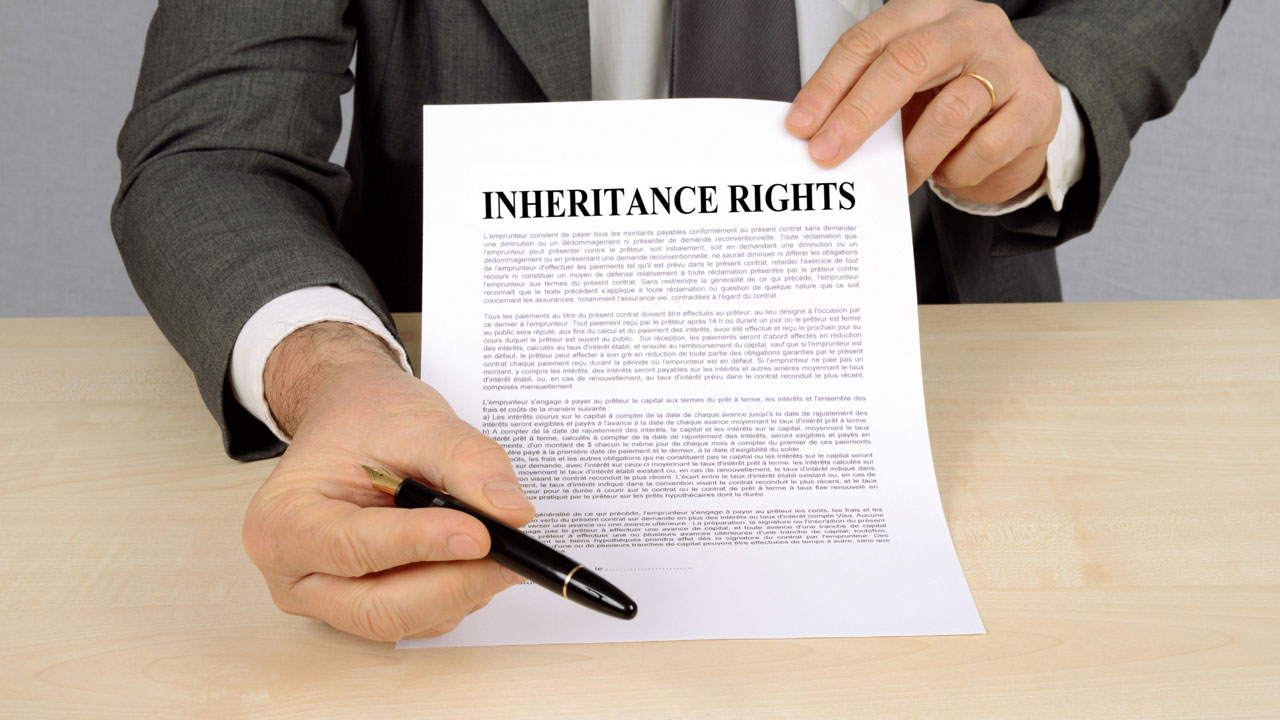Quick-Guide To Your Estate Plan: The Importance of Letter of Intent
Everyone expects their Los Angeles estate planning attorney to help them write a will, set up trusts, and create power of attorneys. These are all vital legal documents that make up an estate plan. But there is a lesser-known document that, while not a legal document, is just as important: a letter of intent. This letter can’t override a will, but plays a vital role in helping your loved ones manage your estate, know your final wishes, and find closure in their loss after you pass on.
Here is everything you need to know about a letter of intent:
What is a Letter of Intent?
A letter of intent is essentially a quick-guide to your estate plan. Think of it like the Cliff’s Notes. It’s easy to read and understand, contains essential information, and is written in clear language. While this document is not legally binding and will not override a will, it helps those involved with managing your estate wrap things up. It’s also a meaningful way to provide last words, final sentiments, and essential information for your loved ones.
There isn’t a legal format or outline that a letter of intent must use. You can write yours in whatever way makes the most sense, though it is crucial that you update your letter of intent every so often to ensure that you’re providing the most accurate information.
What Does a Letter of Intent Include?
While there are no hard and fast rules to what needs to be in your letter of intent, most Los Angeles estate planning lawyers suggest including the following:
- The location of relevant documents: birth certificates, divorce/marriage certificates, citizenship paperwork, etc.
- How to access your estate plan or where it’s stored.
- Where you keep any titles, deeds, leases, or anything else deal with your real estate.
- How to access recent financial statements, tax returns, or other vital documents.
- Names, passwords, account numbers, PINs, etc.
- Social Security number.
- Contact and login information for your mortgages, credit cards, auto loans
- Contact information for your personal attorneys, brokers, bankers, fiduciaries, etc.
- Instructions for the care of your pets.
- How to access your social media accounts.
- A list of beneficiaries and their contact information.
- A list of your favorite charities to receive donations.
- List of assets - including artwork, vehicles, jewelry, etc. Include their estimated value, location, etc.
What are the Benefits of Drafting a Letter of Intent?
The legal language used in your will can sometimes be difficult to understand or can come with multiple interpretations. Your estate planning attorney will do their best to make your will and estate plan as clear as possible. Your letter of intent adds clarification to areas that might cause conflict later on. You can also provide additional context so that people understand the meaning behind your wishes.
If your estate planning lawyer helped you create trusts, you will have selected a trustee to manage your trust. This trustee is given the freedom to make decisions regarding the distribution of your assets. Your letter of intent provides your trustee with guidance on how to make crucial decisions and even though you would have selected a trustee who already understands your final plans, it never hurts to have step-by-step instructions.
A good letter of intent makes it easier for those managing your estate to access your relevant accounts. This ranges from quick access to bank or financial records to being able to close social media accounts. Without providing this crucial information, it may be difficult and time-consuming to try and figure it out later on. Taking quick action is one of the best ways to help people grieve and get back to their regular lives. When things drag out, it can only make the mourning process that much worse.
Your letter of intent also gives your loved ones final pieces of advice, last words, or instructions. If you have pets, children with special needs, etc., it’s helpful to have written instructions for their care. You can also write something for individual people, or everyone as a whole. Hearing these final words can be meaningful for your family and friends.
Do Letters of Intent Have Limitations?
The most significant limitation of a letter of intent is that it is not legally binding. It serves as a useful guide, but there is no way to enforce following your directives. If your estate goes into probate or someone forces a lawsuit to contest your will, courts will often rely on letters of intent to guide their decisions. But because of ever-changing and strict state laws, there is no guarantee that a judge will rule the way you would have wanted. In the same sense, whoever you leave to manage your estate or act as your trustee is not necessarily forced to follow your instructions. Keep this in mind when selecting those individuals so you can make the right selection.
Make an Estate Plan First
Since a letter of intent is not legally binding, it’s crucial that you have a proper estate plan in place. An estate plan contains the legal documents that control what happens to your assets, property, cash, etc. While most people only imagine a will when thinking of their estate, there are many more pieces to consider.
An estate plan does contain a will, but it also helps set up powers of attorney and trusts. Trusts are like bank accounts that hold your assets. Using a trust can help bypass both probate court and certain taxes. Your powers of attorney help other people in charge of making important decisions if you are unable to do so yourself. Estate plans are especially vital if you have minor children. A good plan will include who takes over guardianship if something happens to you.
While there are plenty of articles boasting an ability to make an estate plan on your own, your financial legacy is far too important to be left to chance. Since laws surrounding estates and inheritances are incredibly complex, not to mention ever-changing, it can be tough to get it right. Making even a single mistake in your will could invalidate the entire thing. The same is true with a trust or power of attorney.
Working with an experienced Los Angeles estate planning attorney is your best bet to make sure your estate plan works for you. From knowing how to draft the necessary documents to making sure you consider every possible option, estate planning lawyers are here to help.
You can even get a consultation to determine what is best for your estate. Don’t wait until it’s too late: get started planning your estate today!











